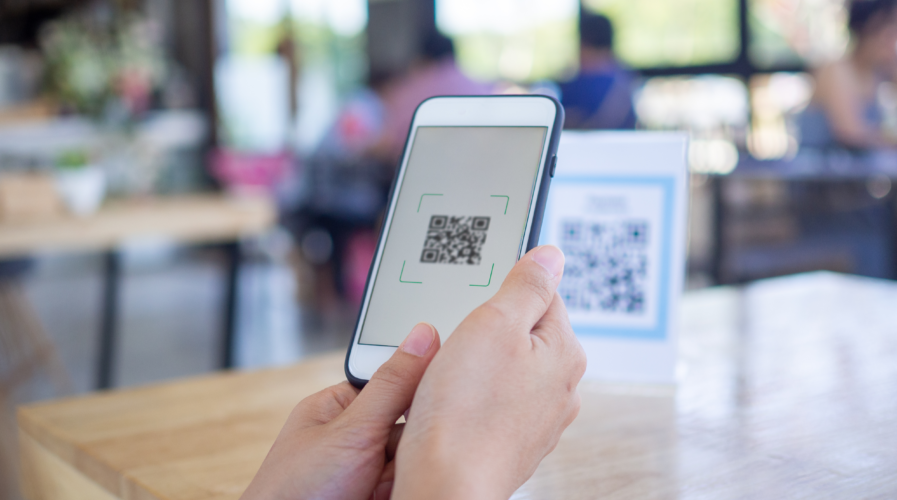
Source: Shutterstock
QR codes are taking over again — here’s why
- QR codes have become the star player on the digital payments stage in China and throughout Southeast Asia
- But for all their remarkable success in the East, QR codes never really quite caught on in the United States or most of the rest of the West
- There are a handful of mobile commerce trends for 2021 that will have a high impact in the new year
These days, scanning QR codes enables everything from ordering food in restaurants and unlocking city bikes, to sharing contact details and making payments. While America may have led the global revolution in payments half a century ago with magnetic striped credit and debit cards, China is leading the new revolution in digital payments.
In the past decade, China has leapfrogged magnetic cards, moving to a system based on smartphones and QR codes. To recall, QR codes were first invented by a Japanese company, Denso Wave, but its inception has largely impacted the whole of Southeast Asia. When people say China is painted with QR Codes, it is as true as it can be. It is a land where virtually everyone pays using either Alipay or WeChat Pay.
To put in context just how radical this is, according to China Internet Network Information Center’s report released in September, the number of mobile payment users reached 802 million, up 36.64 million from March 2020, accounting for 86% of mobile internet users. In the first half of 2020 alone, China’s mobile payment amounted to nearly US$30 trillion (196.98 trillion RMB), up 18.61% year over year, ranking first in the world.
However, outside of China, in some of the world’s most advanced cashless societies like Sweden and Australia, QR payments are still struggling to find a footing. Even with government efforts in place, QR payments in some nations are still nowhere close to dethroning the transaction value of card payments.
This year though, things have begun to slowly change, for the better.
In the wake of Covid-19, QR codes are taking over the world
QR codes have become a ubiquitous mechanic for customers’ brand engagement in the Asia Pacific but as the pandemic speeds up digitization elsewhere around the world, the use of QR codes is back on all marketers’ agendas.
In fact, data from Beaconstac suggests that Southeast Asia including India is going to be the largest region to scan QR Codes by 2020 at 15 million and 8 million respectively. Meanwhile, in Europe, QR Code usage will be about 10.1 million by this year. As for the US, data from Statista reckons that an estimated 11 million households will scan a QR Code this year.
Chinese payment app, Alipay, is the world’s most used payment app the world apart from social networking apps with 15 million SMB accepting Alipay’s QR Code payments in China. WeChat, the Chinese multi-purpose app was fourth in place in terms of mobile payment, topped by Facebook, Whatsapp, and Messenger. In India, 9 million merchants support Paytm, the digital wallet that uses QR Codes for payments.
Data also suggests that some of the largest QR Code payments in the Netherlands are iDEAL, Belgium – Bancontact, and Brazil – Cielo and Mercado Pago while the largest QR Code payment companies in North America are Apple Pay, PayPal, and Amazon Pay.
READ MORE
- Strategies for Democratizing GenAI
- The criticality of endpoint management in cybersecurity and operations
- Ethical AI: The renewed importance of safeguarding data and customer privacy in Generative AI applications
- How Japan balances AI-driven opportunities with cybersecurity needs
- Deploying SASE: Benchmarking your approach
